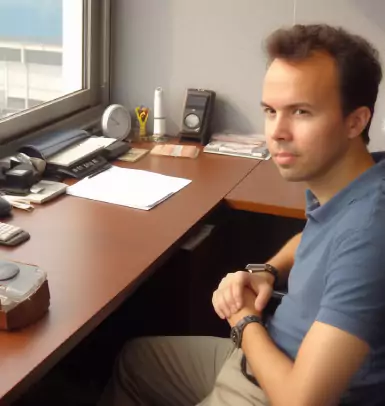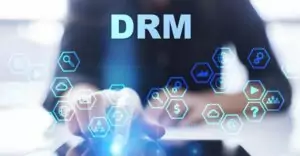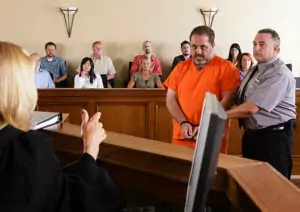 Today, I want to talk about an issue that is, in one way or another, relevant to all of us. There is no point in arguing that the Internet has become the most popular means of communication in the twenty-first century. Sharing content with your online friends is convenient, fast, fun, easy, and what probably is also crucial, free of charge or at least affordable. So, I suppose it would be strange to assume that any of you haven’t once talked in live chat, watched a video on YouTube, or shared a funny picture with your friends or colleagues through social media platforms. But, what we seldom think about are the copyright issues behind every video, picture, or song we transmit over the Internet.
Today, I want to talk about an issue that is, in one way or another, relevant to all of us. There is no point in arguing that the Internet has become the most popular means of communication in the twenty-first century. Sharing content with your online friends is convenient, fast, fun, easy, and what probably is also crucial, free of charge or at least affordable. So, I suppose it would be strange to assume that any of you haven’t once talked in live chat, watched a video on YouTube, or shared a funny picture with your friends or colleagues through social media platforms. But, what we seldom think about are the copyright issues behind every video, picture, or song we transmit over the Internet. 

✅ AI Essay Writer ✅ AI Detector ✅ Plagchecker ✅ Paraphraser
✅ Summarizer ✅ Citation Generator
Sure, we know enough about the prohibition against movies and songs being freely downloaded due to copyright laws. Still, millions of people download clips, albums, and films online free of charge every day. And while the websites that provide free content illegally are usually sooner or later reported to the government and shut down, sharing resources like video and YouTube are considered absolutely legal. But, let’s think about it for a minute: suppose you decide to make a video about how to dye your hair at home or how to assemble a HON volt chair. You make a video, upload it to your channel on YouTube, and share it with the rest of the world for free. This is totally fine up to the point when someone else decides to post your video on their wall on Facebook, or resubmit your video elsewhere for their own purposes. Now, when you posted your video for free, it was your conscious choice as a copyright holder. But, when someone else does that, it is basically a direct violation of your copyright.
Now, those of you who have at least once done what I described, raise your hand. I will have to raise mine as well, since sharing stuff that originated elsewhere is something most of us do every day without thinking of who made the video, or took the picture, and whether we should ask that person before we post their content on social media platforms.
At this point, it is clear that Internet communication is particularly hard to control in terms of copyright violation. There are a few countries that have already passed laws against Internet tort. The United States is still at the stage of free discussion about whether there should be such laws, and if so, how exactly to enforce them. So, what should we do in the meantime? I suggest we all try to be more considerate and respectful when sharing online content that is not our own. Use common sense and treat the work of other people like you would want your creative work to be treated—with respect and acknowledgement of the initial source of information. If everyone tries to follow this simple rule, I believe the Internet will become a much friendlier and more respectful environment.
Thank you guys for your attention!
Follow us on Reddit for more insights and updates.





Comments (0)
Welcome to A*Help comments!
We’re all about debate and discussion at A*Help.
We value the diverse opinions of users, so you may find points of view that you don’t agree with. And that’s cool. However, there are certain things we’re not OK with: attempts to manipulate our data in any way, for example, or the posting of discriminative, offensive, hateful, or disparaging material.